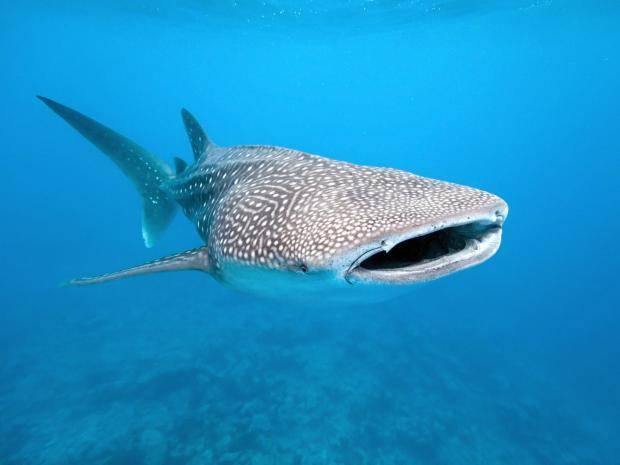‘Whale, shark species at increasing risk from microplastic pollution’
A new study has revealed that whales, sharks and other marine species such as rays are increasingly at risk from microplastics in the oceans. According to the study, carried out by a researcher at the Marine Megafauna Foundation, Elitza Germanov, shows that species such as baleen whales and basking sharks, which feed through filtering seawater […]


A new study has revealed that whales, sharks and other marine species such as rays are increasingly at risk from microplastics in the oceans.
According to the study, carried out by a researcher at the Marine Megafauna Foundation, Elitza Germanov, shows that species such as baleen whales and basking sharks, which feed through filtering seawater for plankton, are ingesting the tiny particles of indigestible plastic which now appear to permeate oceans through the world.
The report said, some of these species have evolved to swallow hundreds or even thousands of cubic metres of seawater a day, but taking in microplastic can block their ability to absorb nutrients, and may have toxic side-effects.
The new study, advises more research on the megafauna of the oceans, as the effects of microplastics on them is currently not well understood.
Scientists have found, for instance through examining the bodies of beached whales, large pieces of plastic in the guts of such creatures, but the effect of microplastics, though less obvious, may be just as harmful.
Germanov said: “Despite the growing research on microplastics in the marine environment, there are only a few studies that examine the effects on large filter feeders. We are still trying to understand the magnitude of the issue. It has become clear, though, that microplastic contamination has the potential to further reduce the population numbers of these species, many of which are long-lived and have few offspring throughout their lives.”
The added stress from microplastics could push some species further towards extinction, the study warned.
